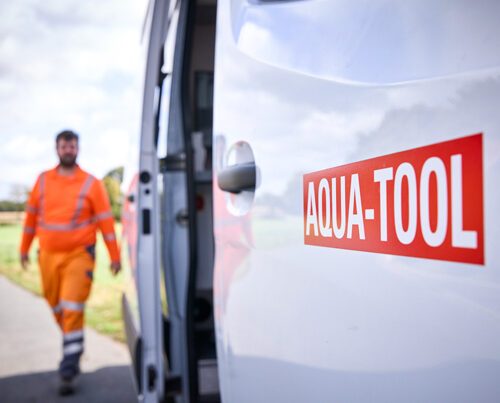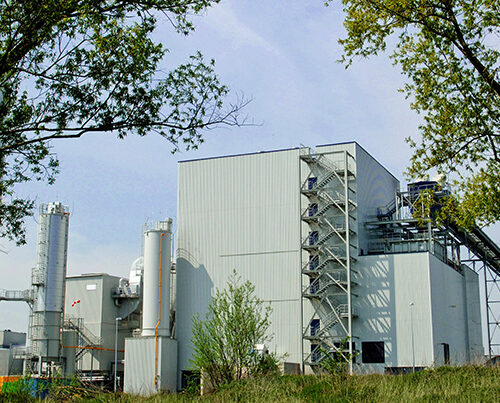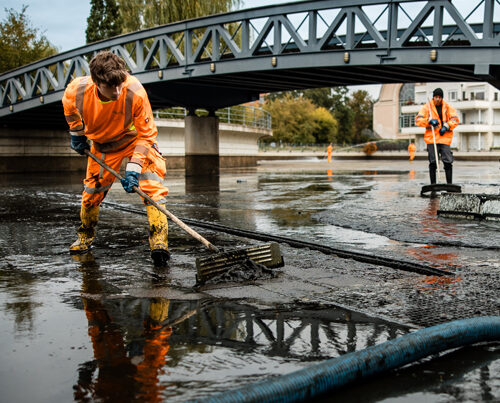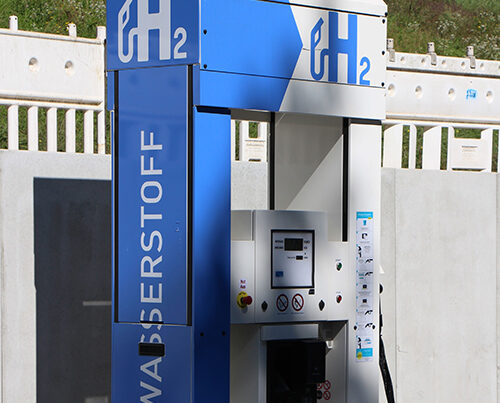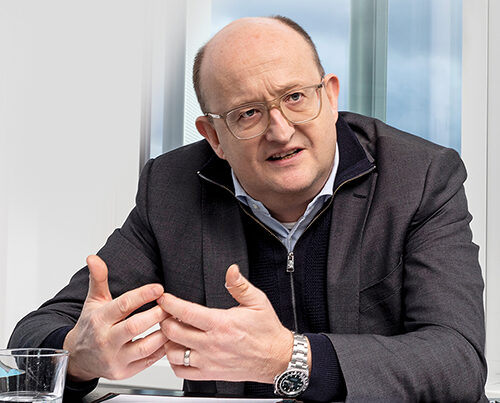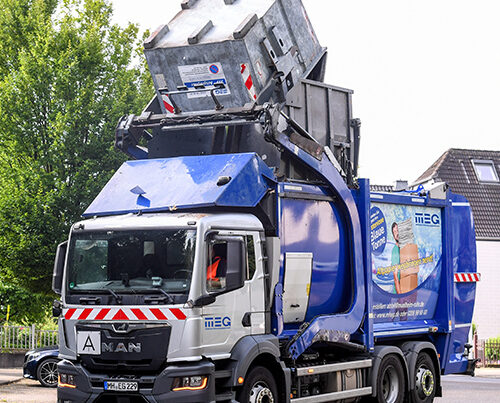Switchover part of a renewed contract

Helping to keep streets tidier
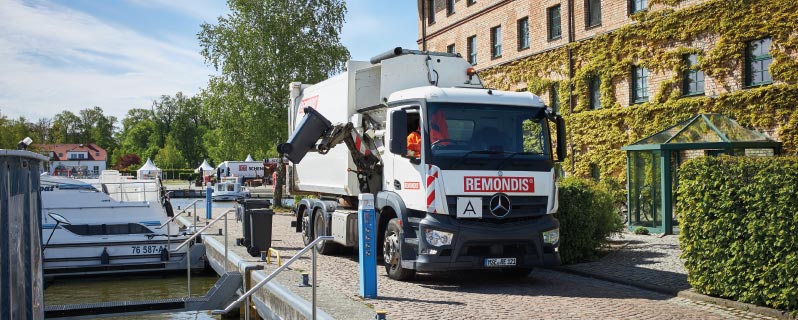
10,500 t of old packaging will be collected every year in a cleaner and more efficient way now that solid bins are being used
A tight schedule
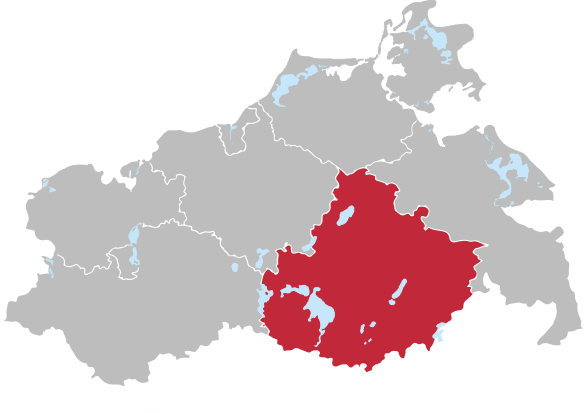
Three different bin sizes
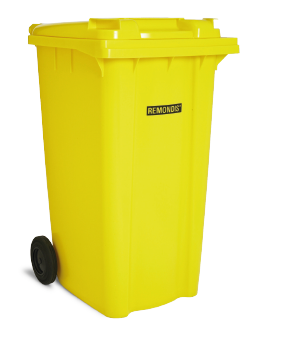
“We received a comparatively low number of complaints and requests for a different sized bin – confirmation, I believe, that we took the right approach.”
Florian Roesberg, Managing Director of REMONDIS Seenplatte Logistik GmbH
Having a strong network helps
REMONDIS called on external service providers from its network to support them in this logistical endeavour. The first 70,000 smaller 120 and 240 litre bins were provided by the company Craemer and delivered to the private households within a very short period of time. REMONDIS itself supplied the large wheelie bins required by housing complexes and recycling collection points. It is practically impossible to carry out such a task without there being complaints.
The few that did come in were processed quickly by REMONDIS to ensure both the local residents and the district authorities were pleased with the results. With this work completed by the end of last year according to schedule, old packaging across the district is now being collected every fortnight in recycling bins rather than recycling sacks as planned. Last year, the company needed 19 vehicles and 39 employees to collect this material stream. This has now increased to 24 vehicles and 44 members of staff. Both the district authorities and REMONDIS have high hopes that this move will improve collection rates. Roesberg continued: “Outthrow material is one of our biggest challenges. Any material that doesn’t belong in the bin has to be removed and this is additional work for the downstream sorting and recycling plants. In this age of increasing environmental awareness, we are all being called on to take a closer look at and take greater responsibility for our own actions.”
A few facts & figures
Image credits: image 1–3: © REMONDIS







